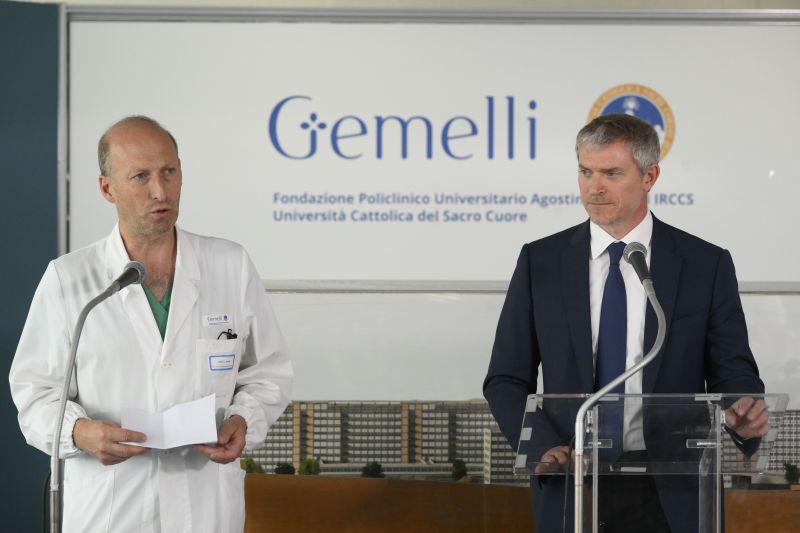
ACI Prensa Staff, Apr 13, 2021 / 19:00 pm America/Denver (CNA).
A young woman in Argentina died April 11 following a legal chemical abortion, the first such recorded death after the passage of a law legalizing abortion in December last year.
María del Valle González López was a 23-year-old student in the town of La Paz in Mendoza Province, Argentina. According to the Argentine newspaper Clarín, the young woman went on April 7, to the Arturo Illia hospital in La Paz for an abortion.
“There she was prescribed a medication – presumably misoprostol – and on Friday she began to feel ill. She was referred to the main healthcare facility in the eastern area of Mendoza, Perrupato Hospital, where they diagnosed a general infection that may have caused her death,” Clarín reported.
The investigation into the death of María del Valle was started by the Santa Rosa Prosecutor’s Office, but due to its complexity it will be sent to the San Martín Prosecutor’s Office next week, Clarín said.
The results of the autopsy should be known soon, although it is not clear exactly when they will be released.
Misoprostol is a drug used to induce abortion in early pregnancy or to expedite a miscarriage. Potential side effects of the medication include bleeding and deadly hypovolemic shock.
Generally, a woman who takes misoprostol then has a D&C (dilation and curettage) to remove any of the baby’s remains from the uterus.
If the D&C is done using equipment that is not properly sterilized or is contaminated, it can cause an infection that could lead to septicemia or a generalized infection, which can lead to death.
Dr. Luis Durand, an Argentine surgeon, told ACI Prensa, CNA’s Spanish language news partner, that abortion “is not a medical act, regardless of whether it’s legal or not.”
He noted that “until a few months ago, [abortion] was a criminal act in Argentine law.”
“A medical act must always seek to improve the situation of whoever undergoes the intervention, although circumstantially it may fail and be unsuccessful, but ‘interrupting the life’ of any human being in an intentional or premeditated way can never be considered a medical act,” Durand said.
“The baby always dies a violent death. Either substances are injected into the uterus that burn the baby, or it is removed by dismemberment, or it is torn off by extreme uterine contractions and dies from asphyxiation,” he added.
The deceased young woman was studying Social Work at the National University of Cuyo. As soon as her death became known, various activists and pro-life groups in Argentina flooded social media with the hashtags #MurióPorAbortoLegal (she died from legal abortion) and #AbortoLegalMataIgual (legal abortion kills the same way as illegal).
Pro-life leader Guadalupe Batallán tweeted Monday that “María del Valle was 23 years old and had her whole life in front of her. She was a student and had become president of Radical Youth in Mendoza. She had a legal abortion on Wednesday and by the weekend she was already dead. I’m telling you because the feminists remain silent. #MurioPorAbortoLegal.”
“If María had died from a clandestine (illegal at the time) abortion, feminists would be tearing the whole city apart, but since María died from a legal abortion and that doesn’t suit (their cause), it’s scrubbed,” wrote Belén Lombardi, a young mother and pro-life activist.
If you value the news and views Catholic World Report provides, please consider donating to support our efforts. Your contribution will help us continue to make CWR available to all readers worldwide for free, without a subscription. Thank you for your generosity!
Click here for more information on donating to CWR. Click here to sign up for our newsletter.




Leave a Reply